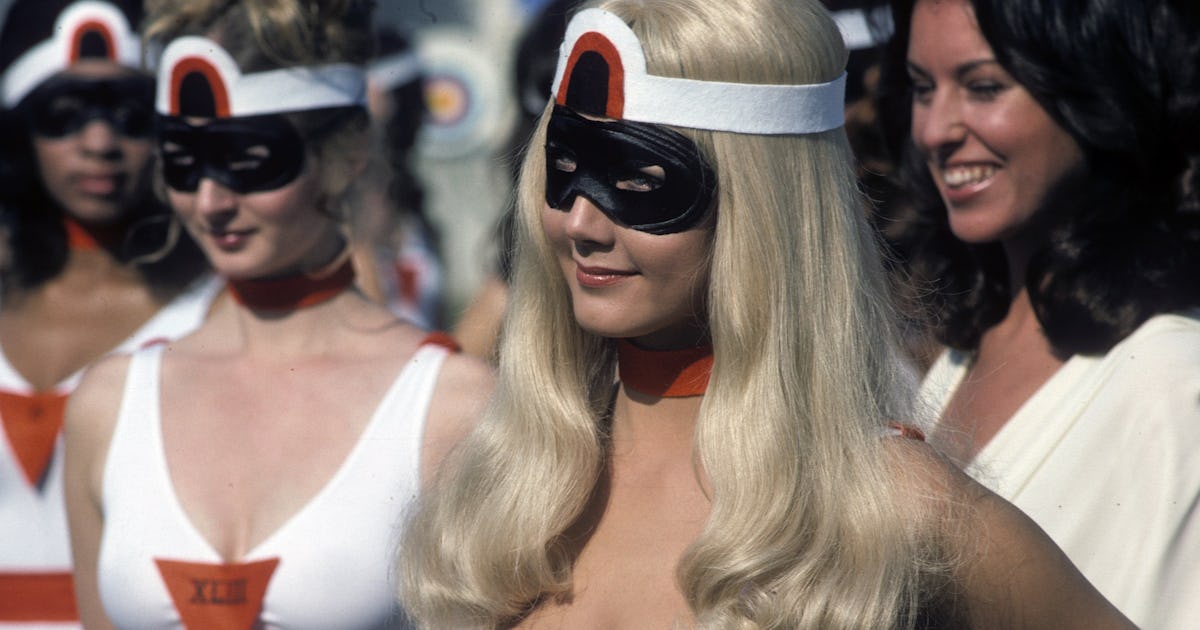
"When Christopher Reeve's Superman hit theaters in 1978, it was a new dawn for DC superheroes. Prior to that moment, TV or film adaptations of DC's pantheon of heroes were overshadowed by the campy success of the Adam West-led Batman of the 1960s. And so, without Reeve's performance and director Richard Donner's commitment to verisimilitude and earnest bravery, DC's heroes may never have truly stepped into the mainstream. Right?"
"Wrong. Three years before Superman hit theaters in 1978, and Christopher Reeve made people believe a man could fly, Lynda Carter's Wonder Woman hit the airwaves with a pilot TV episode, which made everyone believe a woman could fly a transparent airplane. The true mainstreaming of DC superheroes - at least when we talk about live action film and TV - started with the 1975 debut of The New Original Wonder Woman on November 7 on ABC."
"Why the "new" and "original" Wonder Woman? Well, even in 1975, the idea of quickly rebooting a superhero after a previous adaptation failed wasn't entirely unheard of. Just one year before Lynda Carter embodied the classic, bold virtue of Diana Prince, a different TV pilot, simply called Wonder Woman, starred Cathy Lee Crawford, and had reimagined the character more like a 1970s spy show."
"Think low-budget James Bond meets Mrs. Peel from the Avengers. It didn't click, and a more traditional approach was tried, this time, taking Diana back to her WWII roots, literary giving 1975 viewers a faux-historical adventure show that bizarrely felt more modern than the contemporary version from the previous year. Again, if you think faux-historical nostalgia is an invention of Stranger Things or the new Fantastic Four, think again."
Christopher Reeve's 1978 Superman is often seen as the breakthrough for DC live-action heroes, but Lynda Carter's Wonder Woman premiered on ABC on November 7, 1975 and brought DC into mainstream television earlier. A failed 1974 pilot starring Cathy Lee Crawford had reimagined Wonder Woman as a 1970s spy-type series. The Lynda Carter version restored Diana Prince to her World War II origins, presenting a faux-historical adventure in which Diana battles Nazi spies in America in 1944. The series shifted to the present by season two, but the 1975 pilot's earnest, historically grounded tone was crucial to normalizing DC superheroes on screen.
Read at Inverse
Unable to calculate read time
Collection
[
|
...
]